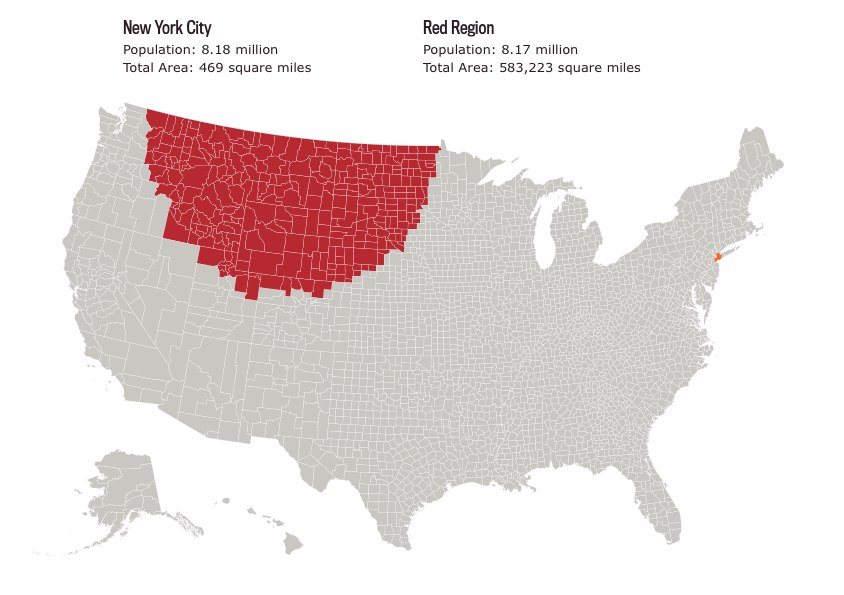Generation Rent
At Bloomberg, Patrick Clark looks at the exact moment cities in the US got too expensive for Millenials:
The rent has been “too damn high” in New York for so long that today’s young professionals might assume it was always that way. Yet it wasn’t until the second quarter of 2004 that the median rent exceeded 30 percent of the median household income for young workers, the threshold at which housing experts say rent is no longer affordable, according to an analysis conducted by Zillow.
Rents are stretching millennial budgets throughout the U.S. Nationally, the typical worker from 22 to 34 years old paid 30 percent of income for rent in the first quarter of 2015, up from 23 percent in 1979, when the analysis begins.1 In those places, rental unaffordability is a distinct obstacle for people trying to carve out lives and careers, particularly in the nine major cities shown in the chart below, where more than half of households rent.
…and on a similar note, Hilary Osborne looks at the house-buying situation in the UK:
Neal Hudson, housing market analyst at property firm Savills, said the barrier for current prospective homebuyers was not the cost of owning but the cost of buying. “With low mortgage rates, annual housing costs are more affordable than for those in the rented tenures,” he said. “Instead, with house prices still at many multiples of income and mortgage lending at high loan-to-values limited and expensive, it is the cost of raising a deposit that prevents many from buying a home.”
The director of the campaign group Generation Rent, Betsy Dillner, said high costs meant people in rented accommodation were struggling to save for the future. “As more low earners and retirees rent privately with no way to pay the rent, the taxpayer will pick up the tab,” she said. “The government needs to have a plan B: to invest directly in housebuilding and reform renting to make it a genuine long-term alternative to home ownership. The longer they fail to act, the more renters they’ll have to answer to.”
Good times.







